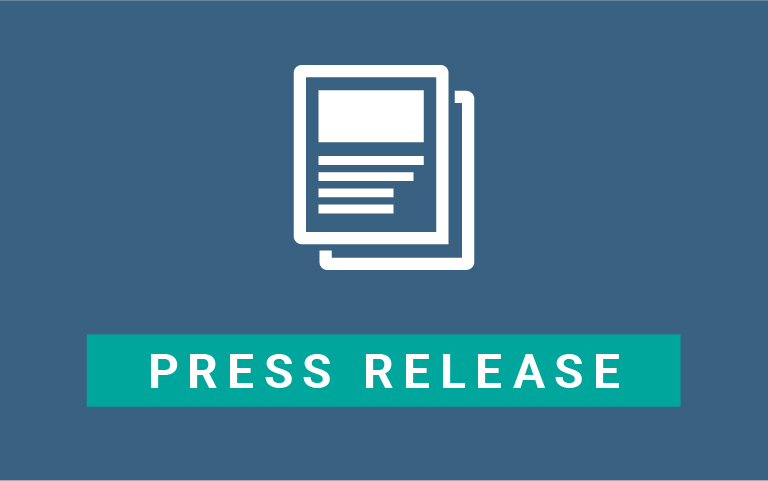
31 Jan Group Purchasing Sector Promoting Innovation, Diversity and Eco-Friendly Products
WASHINGTON, D.C., January 31, 2019 – The Healthcare Group Purchasing Industry Initiative (HGPII)’s 2019 Annual Public Accountability Report found that the Group Purchasing Organization (GPO) sector continues to excel at meeting the highest ethical standards and business practices that promote growth, transparency, innovation and the best financial value for their GPO members. The 13th Annual Report found that HGPII members are able to meet these goals because they have a variety of policies in place that support the integrity of their respective business models.
The comprehensive survey of nine organizations, who are among the HGPII Charter signatories, studies business practices and ethical standards within the group purchasing sector, particularly for hospitals and other health care providers. The year-long research project includes utilizing a combination of a detailed public questionnaire, management interviews, site visits, and an annual mandatory Best Practices Forum, which permits industry leaders and compliance officers to explore best practices and anticipate new standards.
“Now in our 13th year, we’re encouraged to see that our annual evaluation determined yet again that HGPII members are serious about maintaining and enhancing their policies and compliance programs to encourage reliable business processes,” Senator Byron Dorgan, National Co-Coordinator, HGPII. “For example, our research demonstrates that HGPII members implement clear business structures, institute policies to avoid conflicts of interest, implement vendor grievance processes, and adhere to ethical codes of conduct, among other actions.”
The Annual Report also uncovered the following advances that support the adoption of best business practices:
- GPOs Advance New Technology and Innovation: HGPII members are engaged in business practices that facilitate the timely identification and adoption of emerging technologies in the area of healthcare supplies, medical devices, and services for their members. HGPII members host and attend trade and vendor expos and other events that allow them to engage directly with healthcare suppliers. HGPII members also closely review recommendations for products that they receive from their members.
- GPOs Promote Greater Opportunities for Diverse Suppliers: HGPII members are making strides in their efforts to promote opportunities for small, minority, veteran, and women-owned vendors in the supply chain. Many engage in an array of educational initiatives and business strategies designed to create opportunities for vendors who are underrepresented in the industry. Some GPOs have contracts with a growing number of diverse suppliers, and others have collaborated with leaders in this area to take advantage of programs and networks established by peers.
- GPOs Support the Use of Environmentally-Preferred Products and Services: GPOs are driving the demand for the increased use of environmentally-preferred products and services in the healthcare supply chain. While the demand for these products and services varies regionally, it is clear that there is growing interest in understanding the best attributes to incorporate into the list of available items and to ensure that the claim of environmental superiority over other products is verified by an independent third-party.
“The demand for affordable and quality healthcare is on top of everyone’s mind, so creating an urgent need for cost control in every facet of the healthcare system is critical,” said Phil English, National Coordinator of HGPII. “In this era of heightened scrutiny over healthcare costs, we’ve seen the HGPII members strive to promote transparency and police ethical practices in healthcare purchasing, all the while looking to identifying innovative healthcare technologies, promoting opportunities for diverse suppliers and expanding the use of environmentally-preferred products and services. HGPII looks forward to working with its members to do their part to reduce healthcare costs by seeking greater efficiencies in the system.”
Sonja Nesbit, Executive Director of HGPII noted, “This report illustrates the extraordinary commitment of HGPII members to adopt the highest ethical standards and business practices. They are leaders in the healthcare industry in their drive to promote greater opportunities to diverse healthcare vendors and increase the use of sustainable products and services that are beneficial to the patient and the environment.”
The Role of GPOs in Healthcare
Healthcare GPOs are business organizations that pool the purchasing volumes of member hospitals, health systems and other providers like nursing homes, home healthcare agencies, and physicians. GPOs ensure acquisition of the best and most cost-effective products and services and assist their members in improving quality of care for patients and efficiencies throughout the supply chain.
Background: HGPII Annual Report and Members
The HGPII report is the product of an ongoing process that involves an individual commitment by each member organization to implement ethics standards, employ best practices in contracting, address vendor grievances, and offer appropriate administrative fee structures. HGPII is managed as an independent institution by Arent Fox LLP, with oversight by key industry leaders.
Nine of the nation’s leading GPOs founded HGPII in 2005 to promote and monitor the best ethical and business practices in purchasing for hospitals and other healthcare providers.
The HGPII member GPOs are: Children’s Hospital Association (CHA), Acurity, formerly known as Greater New York Hospital Association, HealthTrust Purchasing Group, Health Procurement Solutions, LLC (HPS), Intalere, Premier, Inc., TPC, Vizient, and Yankee Alliance.
English and Dorgan are former Members of Congress from the U.S. House of Representatives and the U.S. Senate, respectively, and they co-chair the government relations practice at Arent Fox. Sonja Nesbit is the former Deputy Assistant Secretary for Legislation at the U.S. Department of Health and Human Services, serves as the Executive Director. Visit the HGPII website for additional commentary from English and Dorgan on this year’s report.

